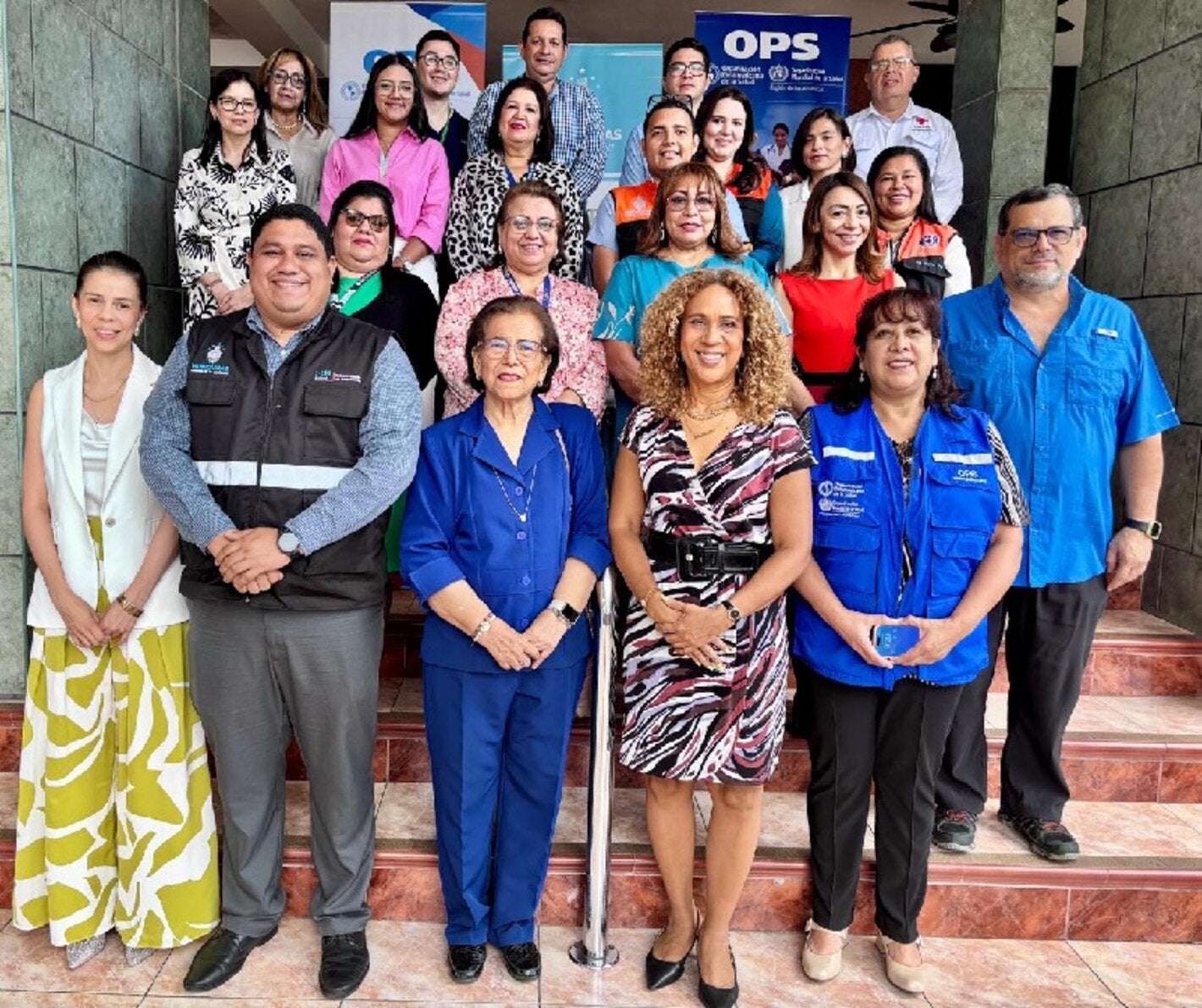
Tegucigalpa, 23 April 2025 (PAHO/WHO. - When a severe storm, flood, or health emergency strikes, it's crucial that medical care is delivered swiftly, effectively, and where it is most needed. Therefore, the Ministry of Health, with technical support from the Pan American Health Organization (PAHO/WHO), has initiated a process to strengthen Emergency Medical Teams (EMTs) in the country.
What are EMTs?
EMTs are groups of health professionals who are prepared, organized, and equipped to assist the population during a health emergency or disaster. They function like a medical brigade, ready to spring into action when we need them the most. This enables local health systems to enhance their response capacity during such events.
Countries in the region are increasingly responding to the impact of health emergencies and disasters using their own national resources. To ensure an effective and efficient response, coordination mechanisms are needed to facilitate the timely deployment and intervention of medical teams, both national and international. Additionally, it is essential to establish minimum essential standards and mandatory quality standards for clinical care.
Honduras Takes Firm Steps within the EMT Americas Initiative
The PAHO EMT Americas initiative helps countries in the Americas region to form EMTs that meet the World Health Organization's (WHO) global standards for Emergency Medical Teams. To date, 12 countries in the region have achieved global classification of their EMTs and have these teams ready. And now Honduras is also taking firm steps to have them!
PAHO Honduras is offering technical assistance to the Ministry of Health as it works towards building a stronger and more prepared health system. In a two-day workshop held on April 23 and 24, the regional technical team of EMT Americas facilitated a workshop to promote the development of national EMT capacities and support the participation of national officials in the implementation of the mechanism in the country.
The event targeted institutional staff from the Health Emergency Operations Center (COE), risk management personnel from the Ministry of Health, and members of the team responsible for implementing national EMTs in Honduras. Alongside sharing the progress of the initiative in the Americas, the event presented recommended methodologies and available tools, as well as the requirements for international EMT classification and the roadmap for establishing the National EMT Committee.
How Does This Benefit the Population?
The establishment of EMTs that meet global standards contributes to:
- Providing a faster and more efficient response to disasters or disease outbreaks.
- Delivering more coordinated and closer care to communities.
- Reducing risks and saving more lives.



